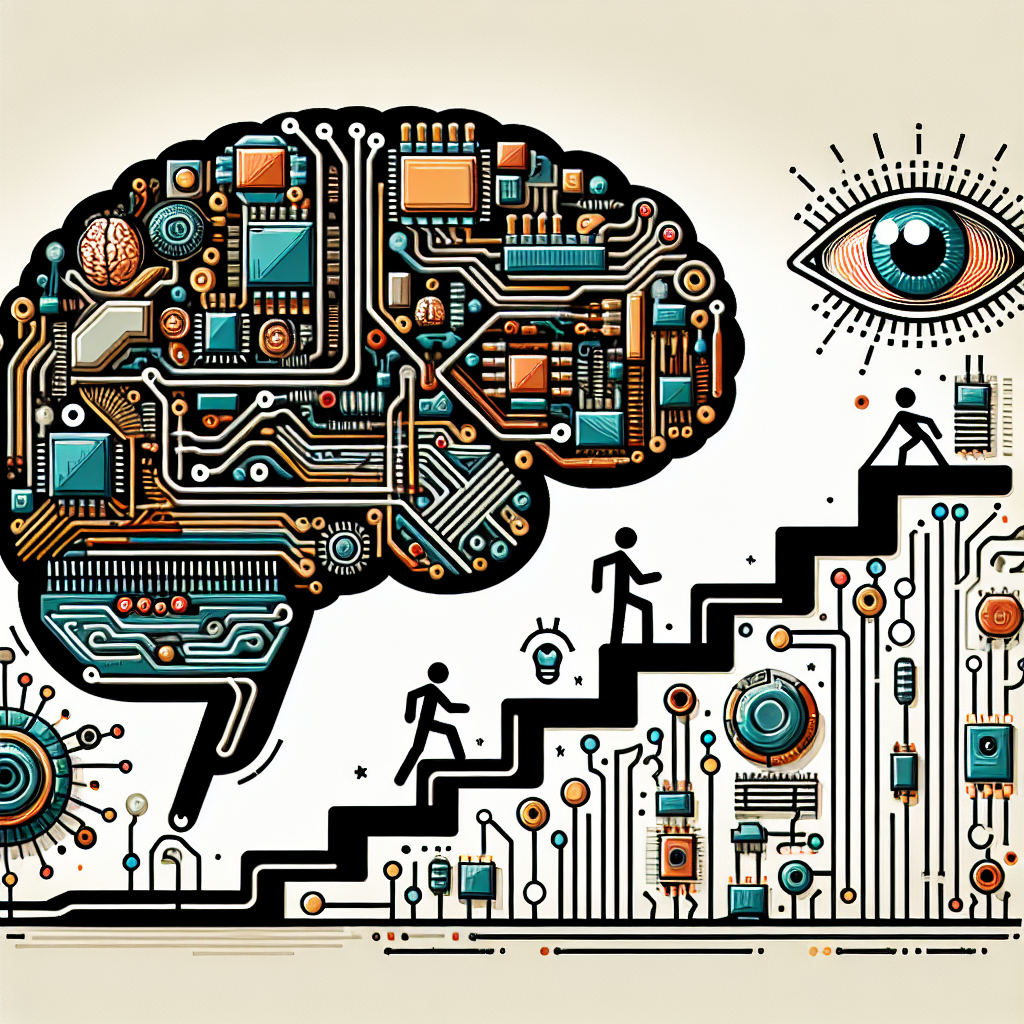Artificial General Intelligence (AGI) is a term that refers to a type of artificial intelligence that possesses the ability to understand, learn, and apply knowledge in a way that is similar to human intelligence. While current AI systems are highly specialized and can perform specific tasks with great accuracy, AGI aims to replicate the broad spectrum of cognitive abilities that humans possess. In this article, we will take a closer look at the advancements and challenges ahead in the pursuit of AGI.
Advancements in AGI Research
The field of artificial intelligence has seen rapid advancements in recent years, with significant progress being made towards the development of AGI. One of the key advancements in AGI research is the development of deep learning algorithms, which have revolutionized the way AI systems are trained and deployed. Deep learning algorithms, such as neural networks, are able to learn from large amounts of data and make predictions or decisions based on that data. This has led to significant improvements in areas such as image recognition, natural language processing, and speech recognition.
Another important advancement in AGI research is the development of reinforcement learning algorithms. Reinforcement learning is a type of machine learning that enables AI systems to learn through trial and error, by receiving feedback in the form of rewards or penalties. This approach has been used to train AI systems to play complex games, such as Go and chess, at a level that surpasses human players. Reinforcement learning has also been applied to robotics, enabling robots to learn how to perform tasks through real-world interactions.
In addition to deep learning and reinforcement learning, researchers are also exploring other approaches to AGI, such as cognitive architectures and symbolic reasoning. Cognitive architectures aim to replicate the structure and function of the human brain, by modeling cognitive processes such as perception, memory, and reasoning. Symbolic reasoning involves representing knowledge in a symbolic form and using logical rules to manipulate that knowledge. These approaches have the potential to enable AI systems to perform a wide range of tasks that require complex reasoning and decision-making.
Challenges in Achieving AGI
While there have been significant advancements in AGI research, there are still many challenges that need to be overcome in order to achieve true artificial general intelligence. One of the main challenges is the lack of understanding of how human intelligence works. While researchers have made progress in replicating specific cognitive abilities, such as perception and language processing, there is still much to learn about the underlying principles of intelligence.
Another challenge is the need for large amounts of data to train AI systems. While deep learning algorithms have shown impressive performance on tasks such as image recognition and natural language processing, they often require massive datasets to achieve high levels of accuracy. This can be a limiting factor in developing AGI, as it may not be feasible to collect enough data to train AI systems on all the knowledge and skills that humans possess.
Additionally, AGI systems will need to be able to learn and adapt in a dynamic and uncertain environment. Humans are able to learn new tasks and skills quickly, often with limited amounts of data or feedback. AGI systems will need to be able to generalize from their training data and apply their knowledge to new situations, in order to be truly intelligent.
Furthermore, there are ethical and societal considerations that need to be addressed in the development of AGI. Questions about the impact of AI on jobs, privacy, and security need to be carefully considered, to ensure that AGI is developed in a responsible and beneficial way.
FAQs
Q: Will AGI be able to surpass human intelligence?
A: While AGI has the potential to perform a wide range of tasks at a level that surpasses human abilities, it is still unclear whether AGI will be able to replicate all aspects of human intelligence. Some researchers argue that AGI may surpass human intelligence in certain areas, such as memory and calculation, while others believe that AGI will always be limited in comparison to human intelligence.
Q: What are the potential applications of AGI?
A: AGI has the potential to revolutionize a wide range of industries, including healthcare, finance, transportation, and entertainment. AGI systems could be used to diagnose diseases, predict market trends, optimize transportation networks, and create personalized entertainment experiences. AGI could also be used to assist humans in tasks that require complex reasoning and decision-making, such as scientific research and policy analysis.
Q: What are the risks of AGI?
A: There are various risks associated with the development of AGI, including concerns about job displacement, bias and discrimination, and the potential for AGI systems to act in unpredictable or harmful ways. Researchers are working to address these risks through the development of ethical guidelines and safety measures, to ensure that AGI is developed in a responsible and beneficial way.
In conclusion, the pursuit of AGI holds great promise for the future of artificial intelligence. While there are still many challenges to overcome, researchers are making significant advancements in the development of AGI. By addressing these challenges and working towards responsible and beneficial AI development, we can unlock the full potential of AGI and create a future where intelligent machines work alongside humans to solve complex problems and improve our lives.

